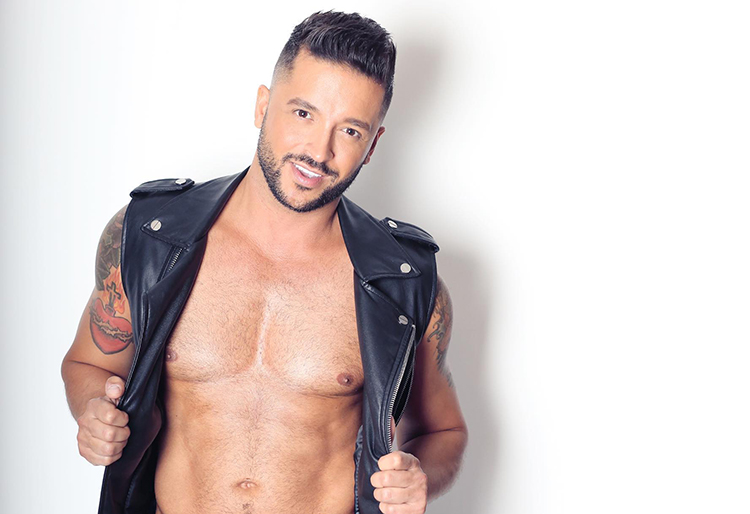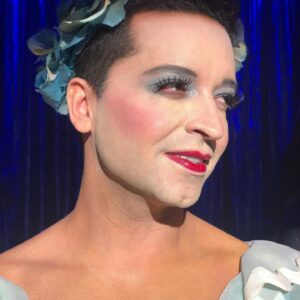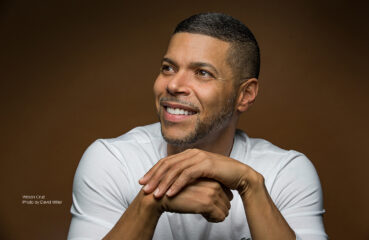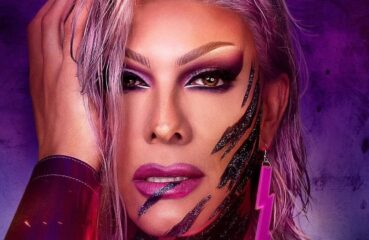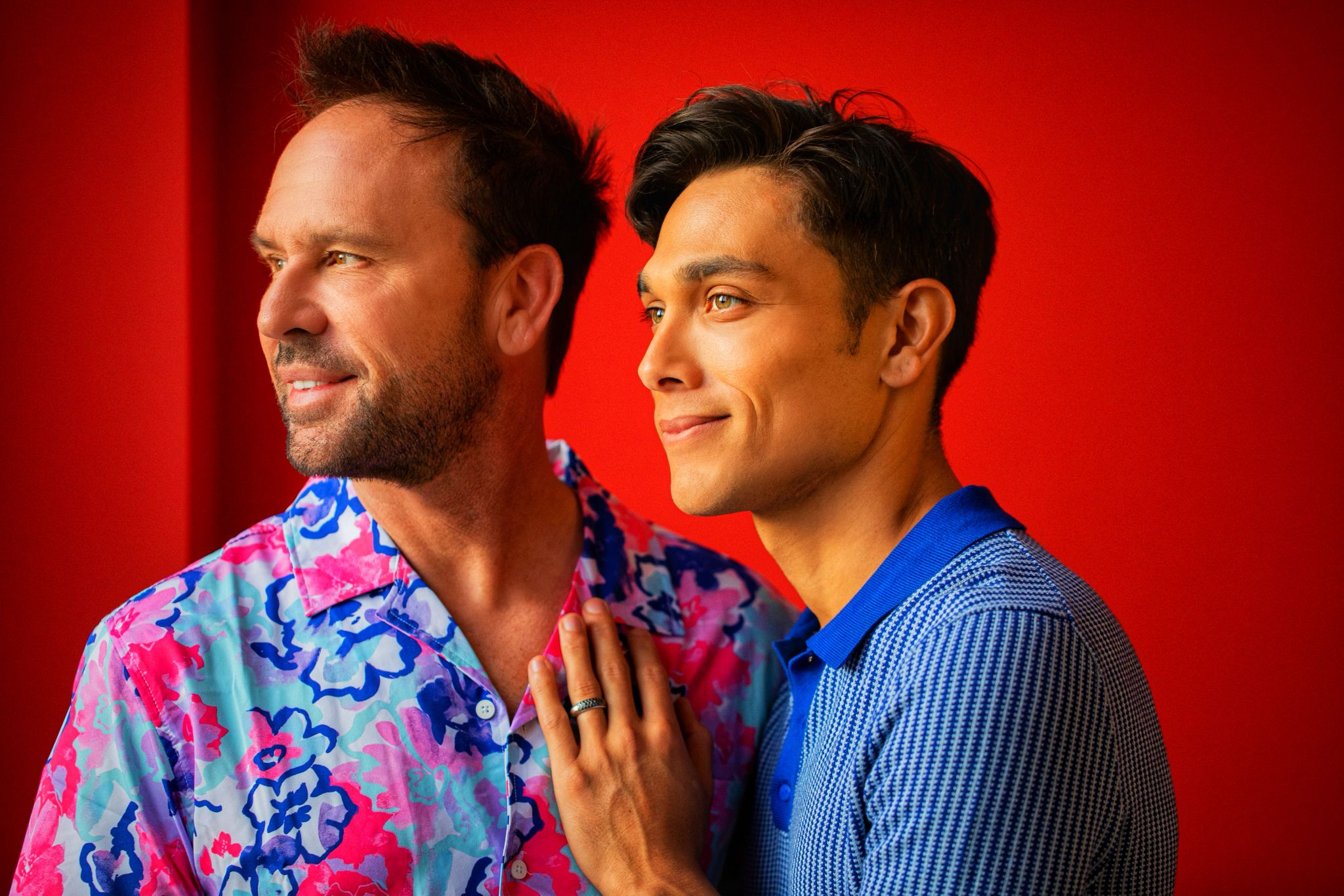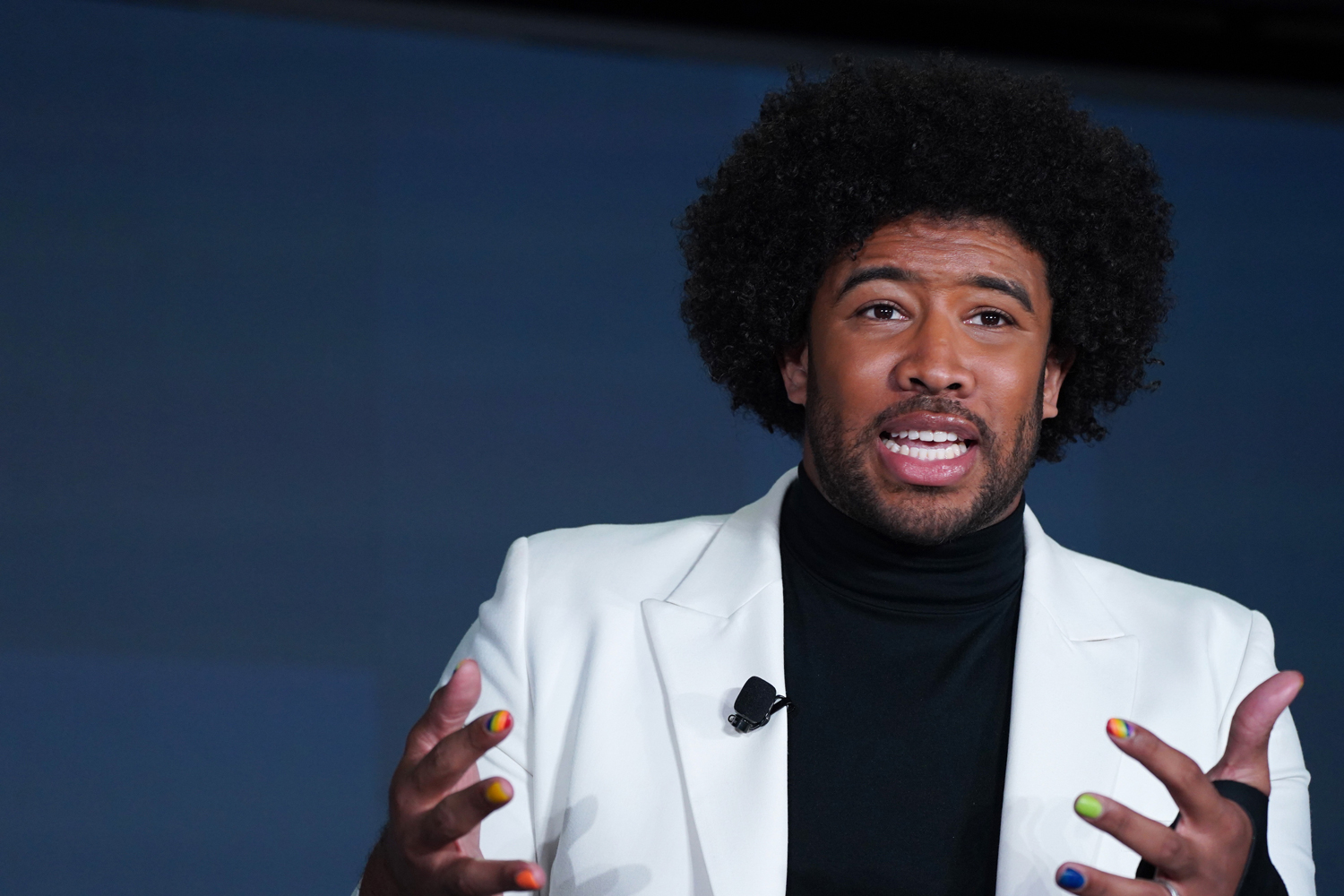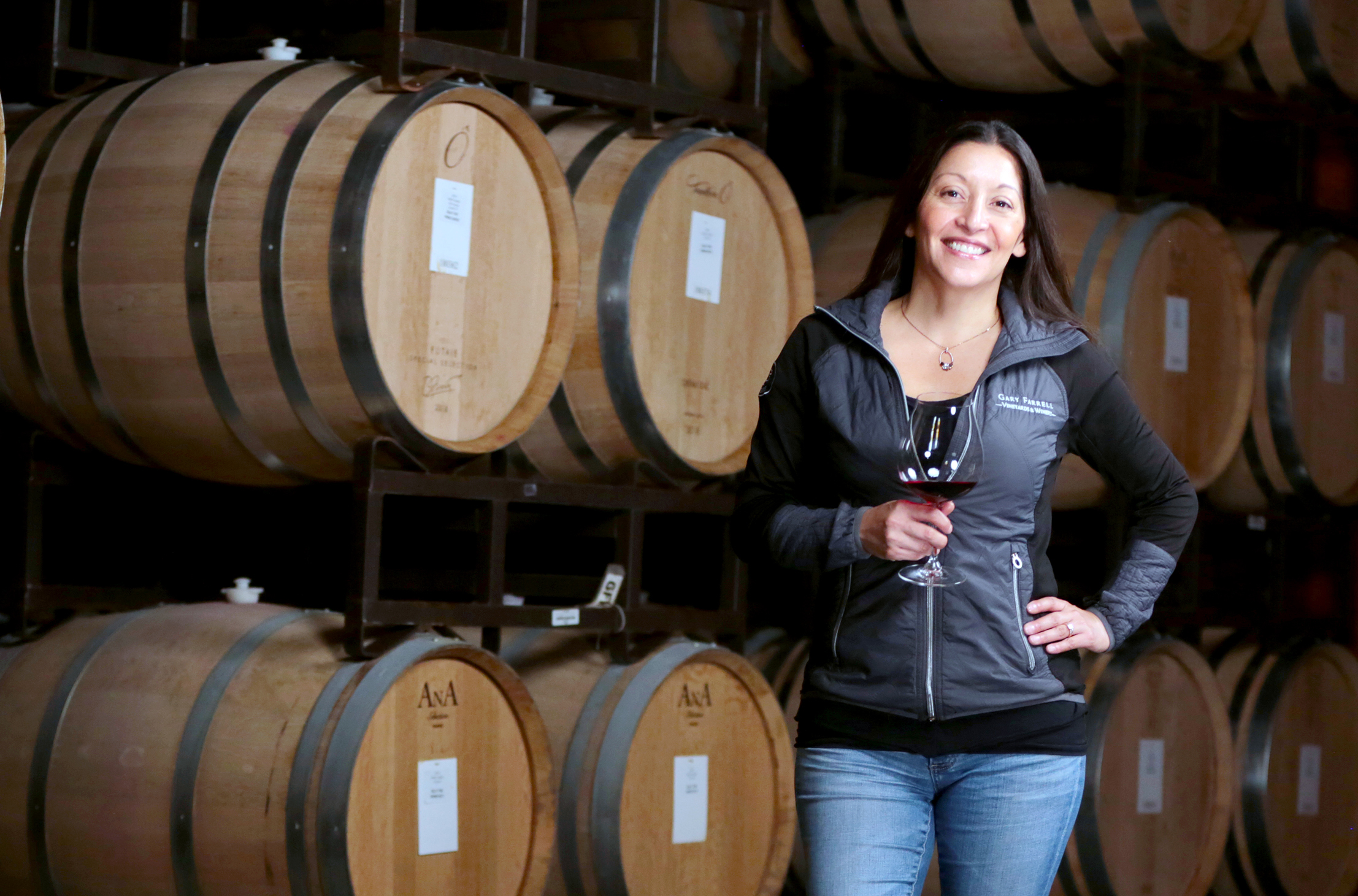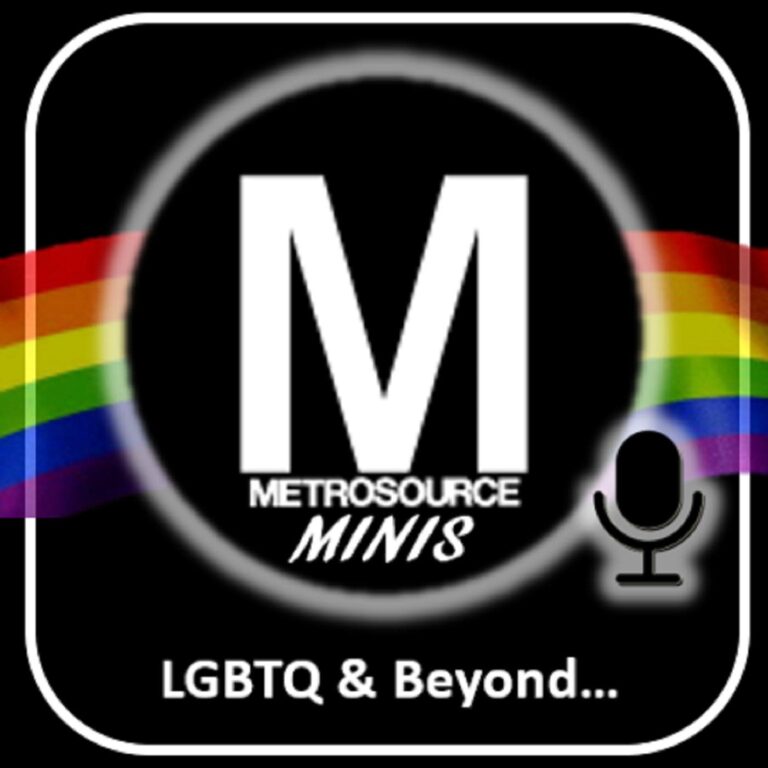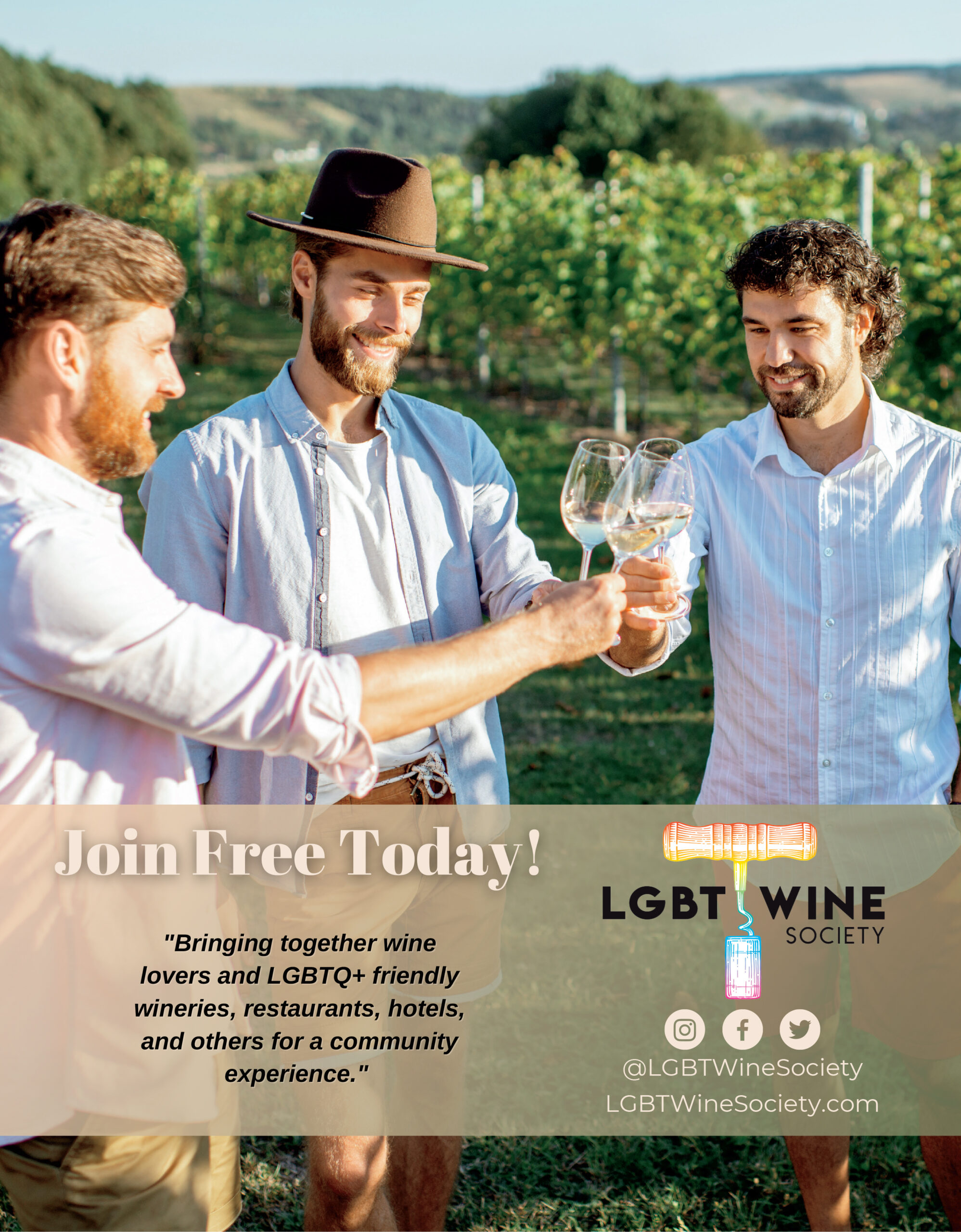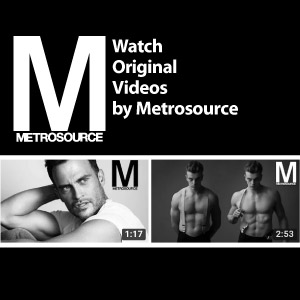HBO Max has amplified the voice of the LGBTQ community during Pride season through representation in programming that includes Emmy nominated We’re Here and Euphoria, as well as ballroom competition show, Legendary. HBO has been at the forefront in including LGBTQ characters in their storylines in past series such as Six Feet Under, Looking, and their filmed version of Angels in America. HBO continues our narrative on October 22nd with the release of Equal, a four-part docuseries chronicling landmark events and the forgotten heroes of the LGBTQ+ movement. Produced by Greg Berlanti and Jim Parsons, the series will feature a bevy of actors from our community, including Samira Wiley, Cheyenne Jackson, Anthony Rapp, Sara Gilbert, Shannon Purser, Heather Matarazzo, Scott Turner Schofield, and Queer Eye OG Jai Rodriguez, to name a few.
Emmy winner Jai Rodriguez is no stranger to representing our community from his early days on, a then brand new network, Bravo TV in Queer Eye for the Straight Guy. The show was a hit for both Bravo and the gay community as well – the idea of having a gay bestie or a gay and straight man hanging out was now mainstream, cool even. The landscape of gay representation has changed dramatically since those early days and characters from the LGBTQ community have become more visible, even on network TV. Jai went on to appear on Broadway (and in the film) in The Producers, in Reba McEntire’s Malibu Country for ABC, Lady Gaga’s Telephone music video, and Kingdom with Nick Jonas, as well as critically acclaimed guest spots on Nip/Tuck, Bones, and Harry’s Law, and a list of hosting gigs for numerous TV projects, including the Dance Moms reunion special. He has appeared on stages across the country with his solo concerts that feature songs from his theatre career, including his time in Broadway’s RENT, and stories from his extensive career. During COVID, he has taken to social media with digital singing shows and candid chats about what is happening in the country both politically and socially.
In HBO’s Equal, he portrays Jose Sarria, an LGBT history maker who could easily have a whole series to himself. Jose, aka The Widow Norton, became the first openly gay candidate to run for public office in the United States way back in 1961 and also helped form the country’s first gay business association; he performed as a drag queen and founded the Imperial Court System. His patriotism was inspired by the attacks on Pearl Harbor and he seduced a major at the San Francisco recruiting station into approving his enlistment, even though he was under 5 feet tall and too short to meet military requirements. After serving in the military, he lost his lover in an accident and was not protected under any same-sex relationship laws and the social climate was changing, gay bars were being raided and gay business owners harassed – Jose became a voice of the LGBT business community. And though the style of drag has changed dramatically since the ’60s, our political and social environment has made slow steps towards equality, with threats from our political leaders to be forced back.
We chatted with Jai about his portrayal of Jose, the evolution of drag, and surviving quarantine:
What was your creative process in preparing to play Jose Sarria?
I watched every piece of footage of Jose I could get my hands on and also spoke with his successor, Empress Nicole, in preparation for the role.
What did you learn most about yourself through your process for playing Jose?
That 1960’s heels are harder to walk in than modern-day heels. But more importantly, it highlighted my beliefs in speaking truth to power regardless of the cost.
Jose was the first openly gay candidate for public office in the United States, have you ever thought about running for a government position?
I have definitely been told I should. I’m not sure that’s the path for me, but I’m open to it in the future.
You have dabbled in drag performance through your career, what was it like playing a drag queen from the past?
I did play Angel in RENT for 5 years. That drag was very east village and 90’s style club kid. Wearing period dresses was interesting. I think I still have bruises from the corset in the dress. But beyond the look, I loved Jose’s strength and courage in calling injustice out in his shows. Even about injustice within the community.
It is surreal that you are playing a gay rights activist from the past when, in reality, our equal rights movement has been forced many steps back. What must the LGBTQ community do most right now during our current social and political climate?
Stay educated and engaged. Don’t get discouraged because it feels overwhelming. We are stronger when we work together. All of us.
Your coming out in terms of your family relationship wasn’t the easiest to deal with. Today’s youth is coming out earlier in their childhood. What advice do you have for someone debating on coming out?
Safety first. If it’s safe to come out, know you are loved and have a virtual community ready to support you. Growing up I would have HATED quarantine. It wasn’t safe for me to be my most authentic self in my household. I know there are kids stuck at home who are debating coming out but fear their home isn’t a safe space. I’d advise them to reach out to the Trevor Project hotline. You are loved. You are worthy just the way you are.
LGBT representation has certainly gotten better since your days on Queer Eye. What do you want straight filmmakers to understand most about telling LGBTQ stories?
Hire LGBTQ+ folks to tell them. I can’t tell you how many times I’ve been on a set where I’m playing a queer person and being advised to make a choice that would be problematic. Also, allow LGBTQ+ storytellers who don’t have a million showrunner credits to their name to make shows. One of the biggest hurdles is every network wants someone who’s got an A-list background. That’s often why we don’t get to tell our stories told our way. Give people a chance for authentic storytelling by hiring who is best regardless of their resume.
What TV shows/moves have been getting you through COVID?
OMG so many! From Walking Dead to Drag Race, but, to be honest, I love documentaries. I’ve watched so many during quarantine. It’s been a helpful way to keep myself in a constant state of learning.
COVID has been a very scary time for performers, especially from the LGBTQ nightlife. What obstacles have you had to overcome during this time? What tips do you have for other performers?
OOf Yea. I’m blessed to pop up on your screen several times a year but at my core, I’m a gig worker. Nightlife and cabaret tours are how I make my living between TV. Now I’ve started a daily virtual happy hour with a live show once a week on my verified Facebook page. The biggest tip I can give is to ask your audience what they want to see. Completely changed when, instead of planning a show on my own, I started takings suggestions as to what they wanted to see. Really helped the audience feel the show was actually for them. Which really it is.
You have been live-streaming a lot during COVID – singing, just chatting, etc. There seems to be a digital revolution happening with the drag and LGBTQ community, how do you think this will affect the future of LGBTQ entertainment?
I’m not sure how long folks will continue online entertainment, but, I know for me, people watch from all over the world. Places I may never get to visit. I think it’s a powerful tool for connectivity and share art.
There are many drag shows to choose from, do you think drag is in danger of becoming too overexposed or commercial?
Well as an audience member I just can’t get enough. So, I certainly hope not. However, I would like more TV drag shows to look like drag shows in our communities. I think Dragula is a great example of that.
You can watch Equal on HBO Max starting Oct 22nd
Follow Jai on Instagram: @JaiRodriguez
Last modified: October 26, 2020

